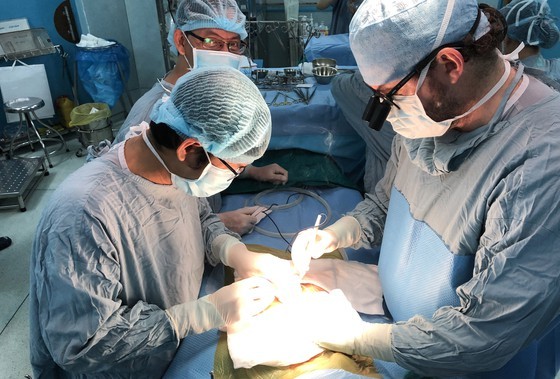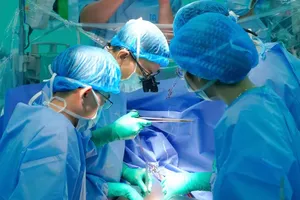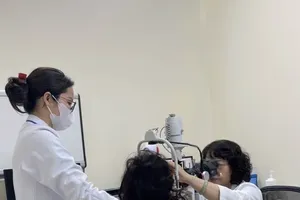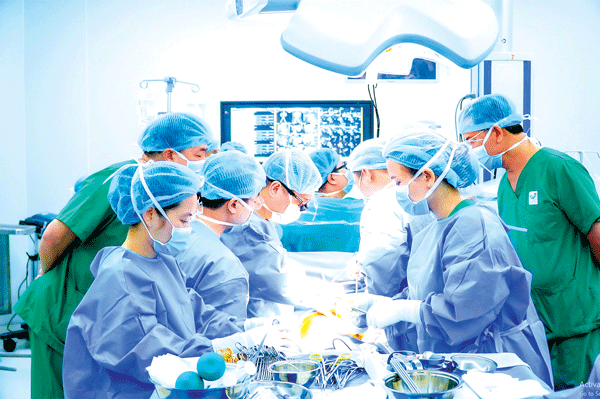The Ministry of Health yesterday organized a seminar on human organ donation in order to remove barriers in the Law on organ donation. According to health experts, though the law has taken effect on July 7, 2007, there have still been several inadequacies leading to shortage crises of organ donation while the demand is high.
 Illustrative photo (Photo: SGGP)
Illustrative photo (Photo: SGGP) From 1992, Vietnam started to carry out human organ transplantation for living people and in 2010, Vietnamese health workers began to perform transplantation on brain-dead organ donation.
As of December, 2020, medical workers in the Southeast Asian country have performed 5,587 transplants including kidneys, livers, hearts pancreas, hands and intestines.
Some 40,257 Vietnamese people registered to donate their organs after natural death and brain death; especially, 100 agreed to donate their organ when they are alive and seven of them are still alive. Presently, 20 approved medical centers can perform all transplantation techniques which other countries in the world can do.
However, Deputy Health Minister Nguyen Truong Son said that there have been some inadequacies in the law of organ donation. For instance, the regulations that people over 18 are eligible for donating their organs unintentionally limit the organ source from brain-dead people.
Annually, roughly 10,000 Vietnamese people died of traffic accidents – their organs are potential sources for transplantation.
Solutions are needed to solve presently existing problems in the donation of human organs for transplantation. People should give their opinions for amendments for the law of organ donation but still adhere to the declaration of Istanbul on organ trafficking and transplant tourism, said Deputy Minister Son.
Dr. Tran Thi Cam Tu from the Hue Hospital’s Organ Transplantation Center said that law on organ donations in other countries in the world is open; for instance, British people under 18 are eligible for donating their organs and they can change their mind at any time while in Netherland, people from twelve can donate their organs.
In Vietnam, an estimated 10,000 people and thousands of people are waiting for kidney and liver transplants respectively. The rate of dead-brain donors in infirmaries is just 0.5 percent while 5,255 transplants were made by living donors; as a result, there has been very high likelihood of organ trafficking which is illegal, said Deputy Chairman of the Vietnam Society of Organ Transplantation Tran Ngoc Sinh.
Terribly, Dr. Tran Thi Cam Tu said that half of living organ donors are under 30 who usually sell their organs. Dr. Du Thi Ngoc Thu , Head of the human organ coordination unit in Cho Ray Hospital said that the hospital has refused to carry out transplant as it discovered fraudulent documents for organ transplants.
To eradicate trade of human organs, medical centers for transplantation should only conduct transplants on people in the waiting list. As scheduled, the Ministry of Health will submit amendments to the law on organ donation by 2022.
























